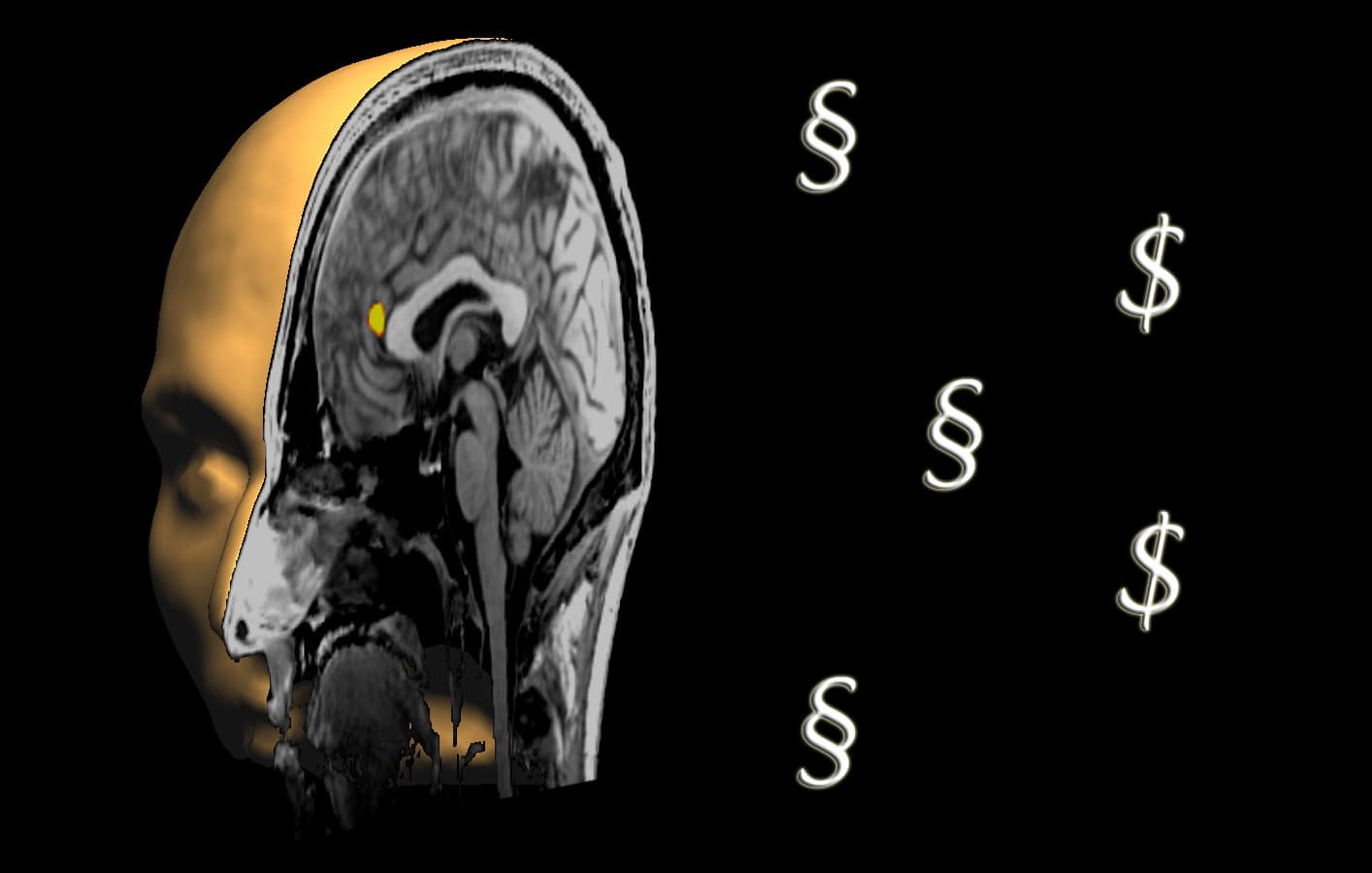Scholars try to understand and predict crimes to make society safer. Some expect that investigations of the nervous system will provide us with new solutions. Although this seems promising, it may distract us from other important sources of knowledge.
Auditory stimuli, such as voices or sound logos in radio advertisements, can have persuasive effects. In addition, technological advancements create possibilities for using auditory forms of communication, also in the domain of health. This post discusses the differential effects of listening instead of reading on persuasion.
What are the clinical implications of a less functional interplay between sexual arousal and disgust? If sexual arousal is low, then perhaps the disgusting properties of relevant stimuli for pleasurable sex, and the hesitation to approach these stimuli, are not suppressed. This can give rise to sexual problems.
Facebook recently revealed that it manipulated the content of the News Feeds of some of its users by changing the number of positive and negative words they were exposed to, without their knowledge or consent. Maarten Derksen weighs in on this and the ethics of informed consent.
Have you already picked your summer reading list, or are you still recovering from exam fatigue and haven’t had the chance to do so yet? If you haven’t, Mindwise has you covered. We’ve picked our favourite books to take on holiday and are giving all of them away to one lucky winner!
The Dutch Neuropsychological Society celebrated its 50th anniversary on the first of November 2013. Renowned international researchers presented their work and gave state-of-the-art overviews of the latest findings. Several topics were discussed including the “what” and “where” pathways in vision, environmentally induced amnesia and the mystery of the frontal lobe.






